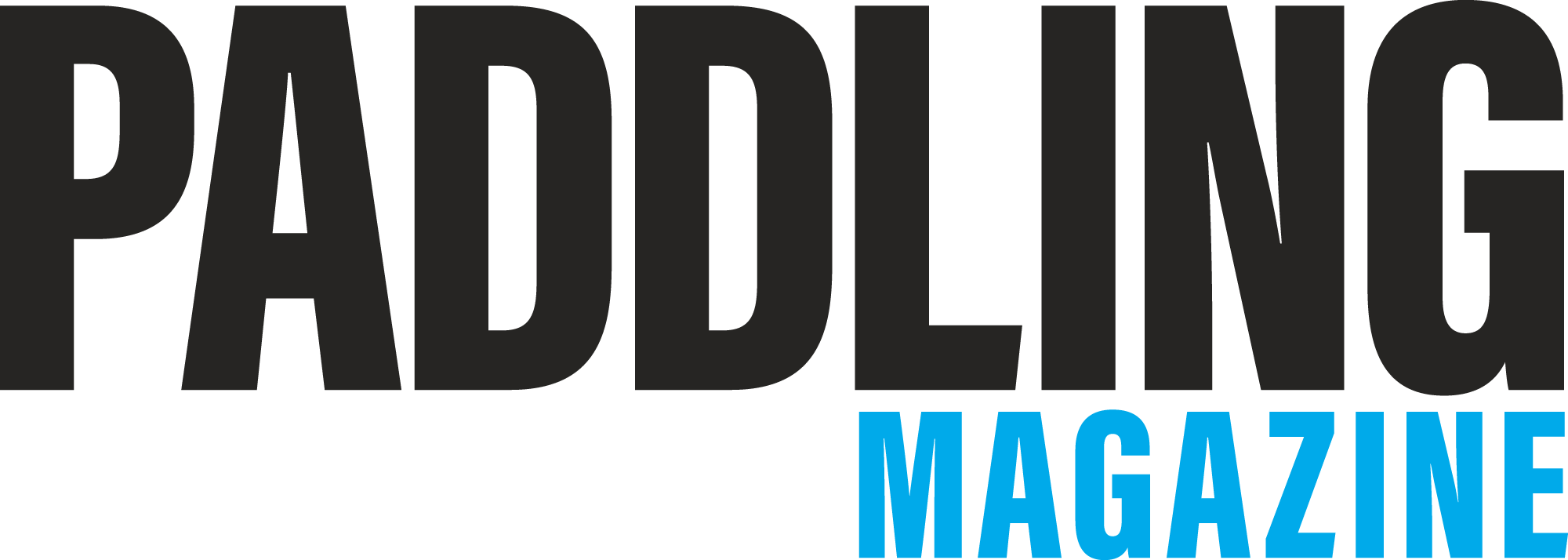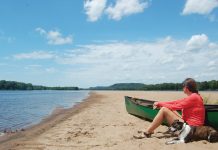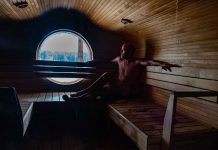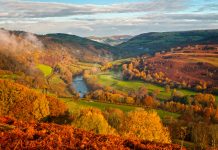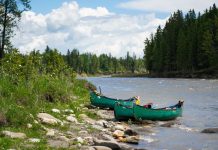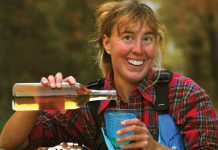With a theatrical flourish, the man whips off his towel and stands facing the lake, naked and defiant, before diving into the water. He exits triumphantly, watching as I hastily herd my group up the shore away from his campsite.
The message is clear: This is my patch of wilderness—go find your own. It’s something that is becoming increasingly difficult to do. A new study released this fall in the science journal Current Biology reveals alarming losses in global wilderness over the last 20 years and contains a devastating prediction: the end of all wilderness by the year 2100.
Even the wilderness of today is not as wild as it seems. From microplastics and heavy metals pollution to kelp bed deforestation, fisheries collapse and climate change, human influence touches every corner of the planet and every other organism that shares it with us. Our troubled relationship with the natural world is the study of ecology writer J.B. MacKinnon’s 2013 book, The Once and Future World. MacKinnon provides countless examples of loss to illustrate the vastly diminished natural wealth of Earth today—what he calls a 10 Percent World.
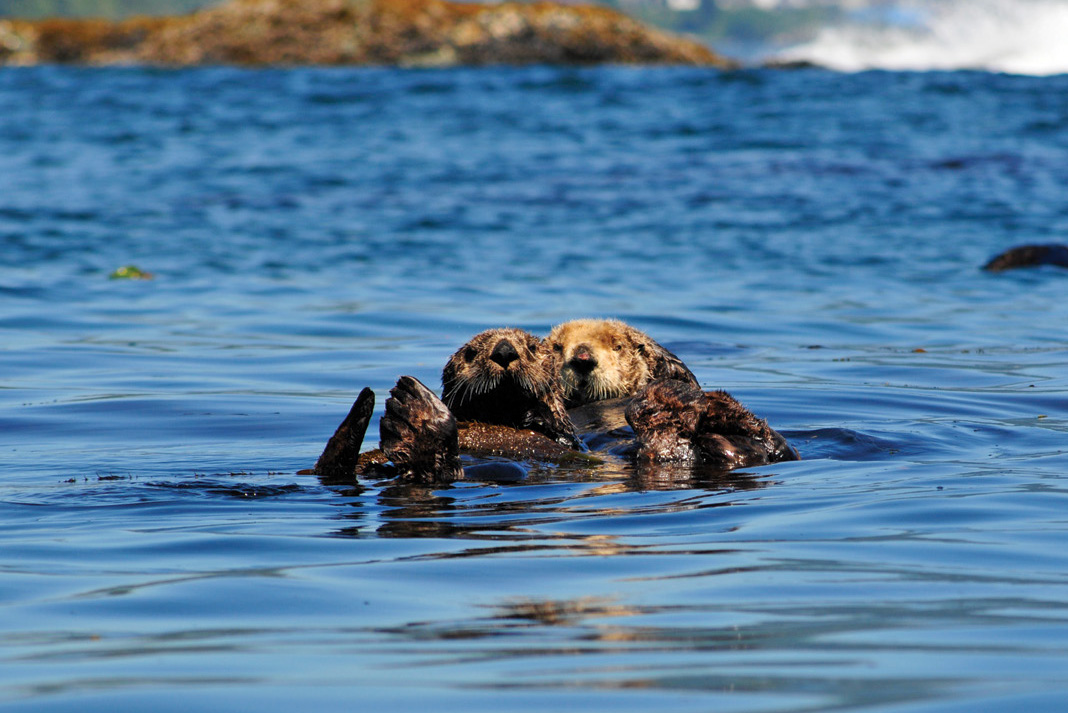
on the otter foot.| PHOTO: VIRGINIA MARSHALL
Popular opinion holds that some unspecified natural disaster will eventually convince us to change our ruinous ways. But MacKinnon argues that we are right now living in the midst of an ecological catastrophe thousands of years in the making, and we scarcely notice it. As our choices have changed the natural world around us, we’ve changed with it. We’ve excused, permitted, adapted—and then we’ve forgotten. If you are unaware that whales once swam in your local waters, their absence seems perfectly natural.
As of 2008, more people worldwide live in cities than not. Nature is increasingly distant and abstract, so it’s even easier to overlook its decline. That the root of the term “ecology” is from the ancient Greek oikos, or house, seems like a historical oddity rather than an indisputable truth: The living planet is our home. Former editor of Adventure Kayak Tim Shuff has written about the transformative power of even a brief wilderness sojourn. “I felt like I was indeed on a planet, not wrapped up in a city or house, but under the blue sky on the round earth, listening to the breath of the wind in the boughs of the white pine and the sound of the water lapping on rocks.”
Economic arguments have been made to place a dollar value on wilderness, but ultimately that’s not the point. We conserve it because we like it, and we like how it makes us feel. How do we get more people to share these feelings? By sharing the pleasure we take in our remaining 10 percent. Like my friend Hannah. On a recent paddling trip in a popular park, she was enjoying the solitude of a private island campsite when a flotilla of noisy kids and sunburned dads pulled up at the shore. Would she mind sharing the island with their group, one of the dads asked? Every summer they traveled all the way from Texas to camp on this same island, it had become a touchstone of a family pilgrimage back to nature.
She graciously invited them ashore. Her reward: a Wonder-Bread-and- Hershey-bar s’more sandwich, and an opportunity. If the nature that we live with is a choice, then each of us could use a reminder what our options are.

